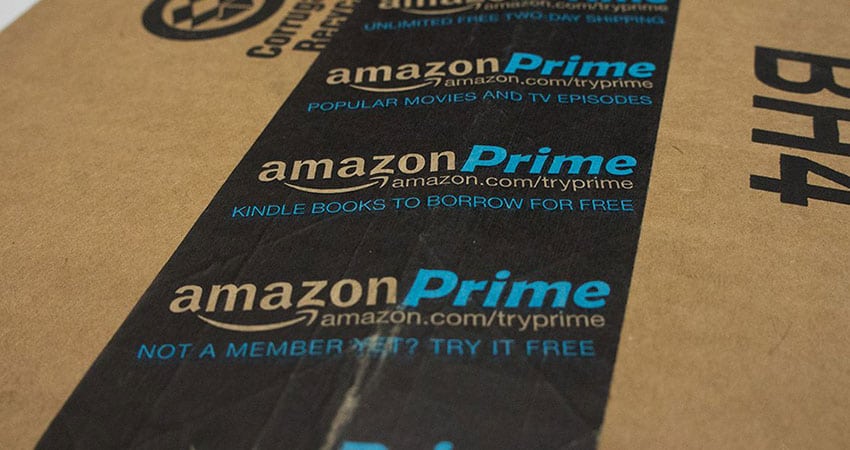Amazon’s moves into logistics and fulfillment over the past few years have been well-documented here and elsewhere, with FedEx and UPS downplaying the threat and Amazon saying it just wanted to address capacity shortfalls.
Until now, that is.
In its 2018 10K filing, Amazon for the first time listed “transportation and logistics services” as a competitive sector in the boilerplate “risk factors” section, along with the existing list of categories including “physical, ecommerce, and omnichannel retail, ecommerce services, digital content and electronic devices, web and infrastructure computing services.”
Amazon clearly needs to get a handle on the growth of its shipping spend, which hit $27.7 billion in 2018, up 31% from $21.1 billion in 2017 and up a whopping 72% from $16.2 billion in 2016. For 2018, fulfillment represented 14.6% of Amazon’s net sales. Analysts see the company’s many and growing logistics initiatives as a way to offset some of that cost.
In fact, Amazon also believes it can handle transportation and logistics faster and more cost-effectively than the major carriers by handling more of it in house.
“What we like about our ability to participate in transportation is that a lot of times we can do it at the same costs or better, and we like the cost profile of it,” Amazon CFO Brian Olsavsky said on the company’s fourth quarter earnings call. “We can also invest selectively, because we have more perfect information. We know where our demand is, we know where we’re moving things between warehouses and sort centers.”
All of this activity has gotten the attention of UPS CEO David Abney, who acknowledged to Business Insider at the recent World Economic Forum in Davos that UPS is monitoring Amazon “as if they were a competitor.”
As if this weren’t enough, there are now rumblings from analysts that Amazon could simply acquire FedEx and step up to the big time in one fell swoop. Anthony Chukumba and Rick Paterson, analysts at Loop Capital Markets, said FedEx CFO Alan Graf told them it would be cheaper for Amazon to buy FedEx than build out its own network, according to a report in the Memphis Commercial Appeal.
“Amazon could make an accretive acquisition of the best global network for a fraction of the cost of building it themselves (we recently attended a meeting at FedEx headquarters at which the CFO made exactly the same point),” Chukumba and Paterson said in a research note. FedEx declined comment.
Most recently, Amazon has been stepping up its ocean freight shipping from China to the West Coast, in addition to its plans to purchase 20,000 Mercedes-Benz vans to launch a fleet of privately-owned delivery businesses, announced last fall.
Also, CNBC reported in November that Amazon was offering shippers discounts of up to 50% vs. UPS for its Shipping with Amazon service, which was launched in tests earlier in the year.

